Featured Updates

E-Enterprise Celebrates Accomplishments in 2024 and Looks to the Future
Our winter issue recognizes EELC State Co-chair James Kenney of New Mexico and his innovative approach to advancing the goals of E-Enterprise, the revitalization of the Exchange Network, and Native American Heritage Month.
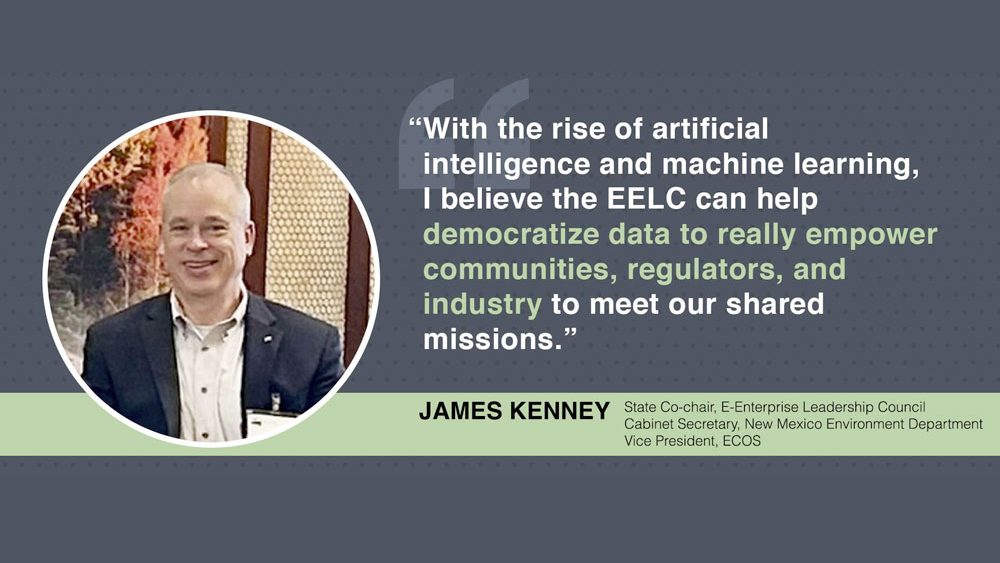
EELC State Co-chair James Kenney Harnesses Technology and Data in New Mexico
EELC State Co-chair James Kenney from the New Mexico Environment Department discusses how E-Enterprise is helping New Mexico leverage innovative approaches to advancing public health and environmental protections.
Recent Issues of the Bulletin

E-Enterprise Celebrates Accomplishments in 2024 and Looks to the Future
Our winter issue recognizes EELC State Co-chair James Kenney of New Mexico and his innovative approach to advancing the goals of E-Enterprise, the revitalization of the Exchange Network, and Native American Heritage Month.
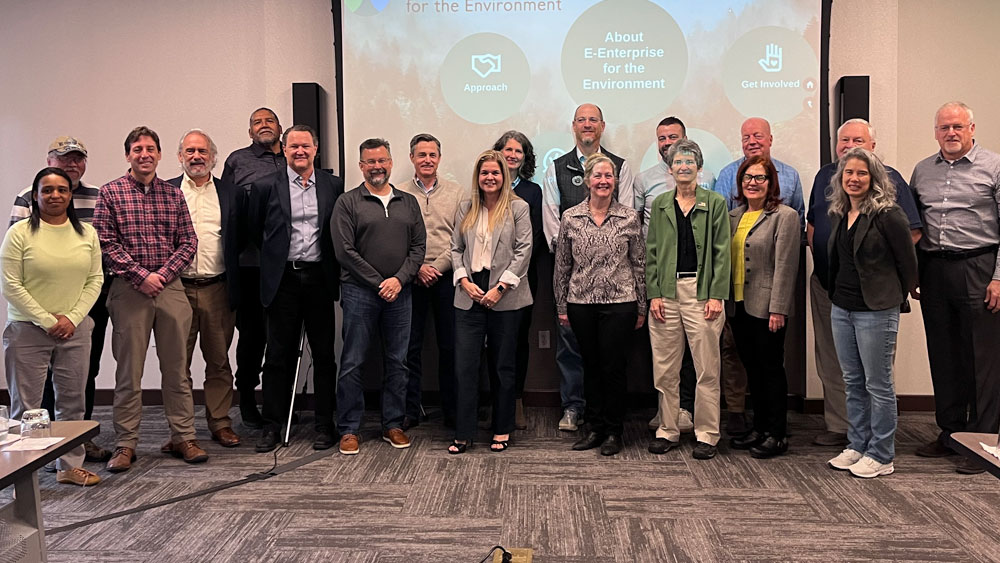
E-Enterprise Celebrates 10 Years
Our 21st edition celebrates the 10-year anniversary of E-Enterprise by showcasing our story, success, and partnership. We also hear from Gerald Wagner, the Director of Blackfeet Nation’s Environmental Program.

E-Enterprise Leaders Commemorate Earth Day with Personal Messages
On April 22, 2024, E-Enterprise released the twentieth edition of the E-Enterprise Bulletin. In recognition of the release of this Bulletin on Earth Day, leaders from the E-Enterprise […]
More News & Updates
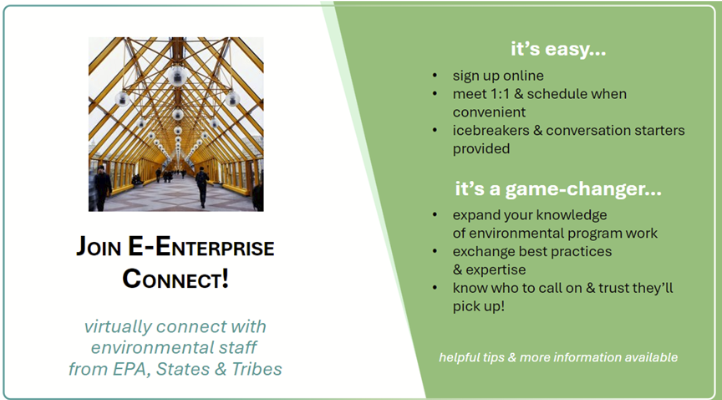
Join the Next Round of E-Enterprise Connect!
More than 30 environmental professionals joined the first cohort of E-Enterprise Connect!, launched in September. Sign up to connect!

EECIP Corner: EECIP Features Tribal Opportunities and Experiences
See posts including job openings and professional development opportunities for tribal professionals on the E-Enterprise Community Inventory Platform.
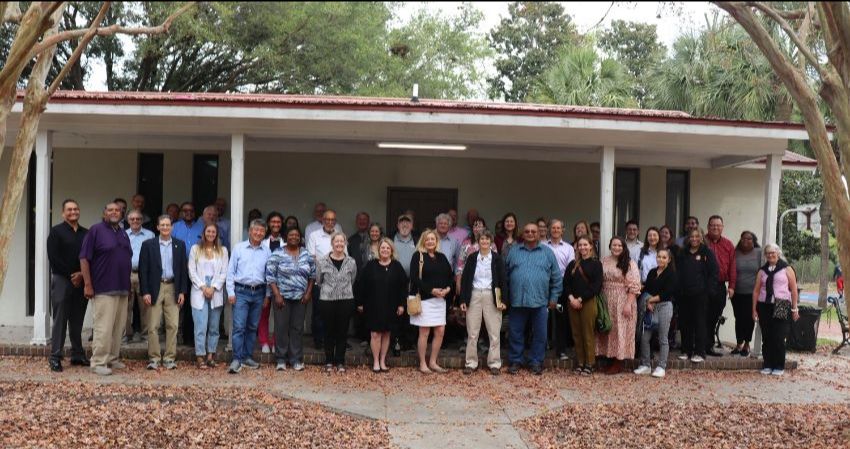
How a Neighborhood Meeting Informed the Creation of a Grant Program at EPA
Working for the Southeast New England Program (SNEP), Reilly’s insights from the visit to Rosemont directly informed his approach in creating the SNEP Opportunity to Advance Resilience (SOAR) Fund.

Air Data Systems Modernization Keeps Focus on Protecting Public Health
Successful air quality management programs depend on access to high-quality data to develop regulations that protect public health, demonstrate compliance, and track progress.

Introducing CRAFT, EPA’s Climate Resilience and Adaptation Funding Toolbox for Technical Assistance Partners
EPA’s Climate Resilience and Adaptation Funding Toolbox (CRAFT) is a user-friendly resource for technical assistance providers working with federal funding applicants and recipients to develop, apply for, and implement climate-resilient investments.
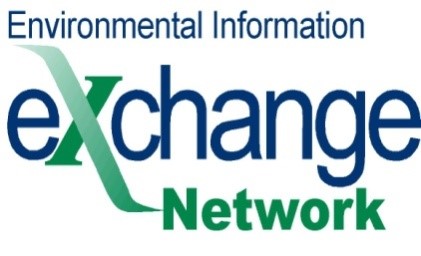
Exchange Network Partners Advance Network Reinvigoration, Identify CROMERR Challenges
As technology and best practices evolve, the EN community is adapting to modern needs and positioning the Network to support data-sharing partnerships well into the future.


